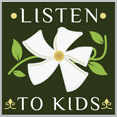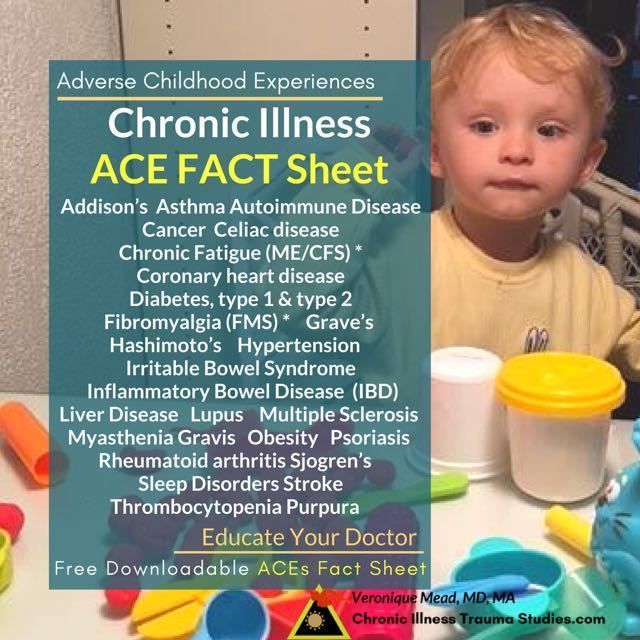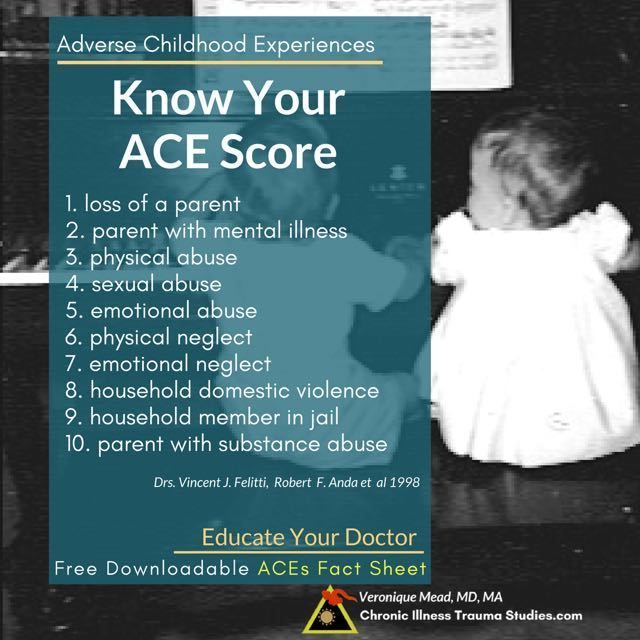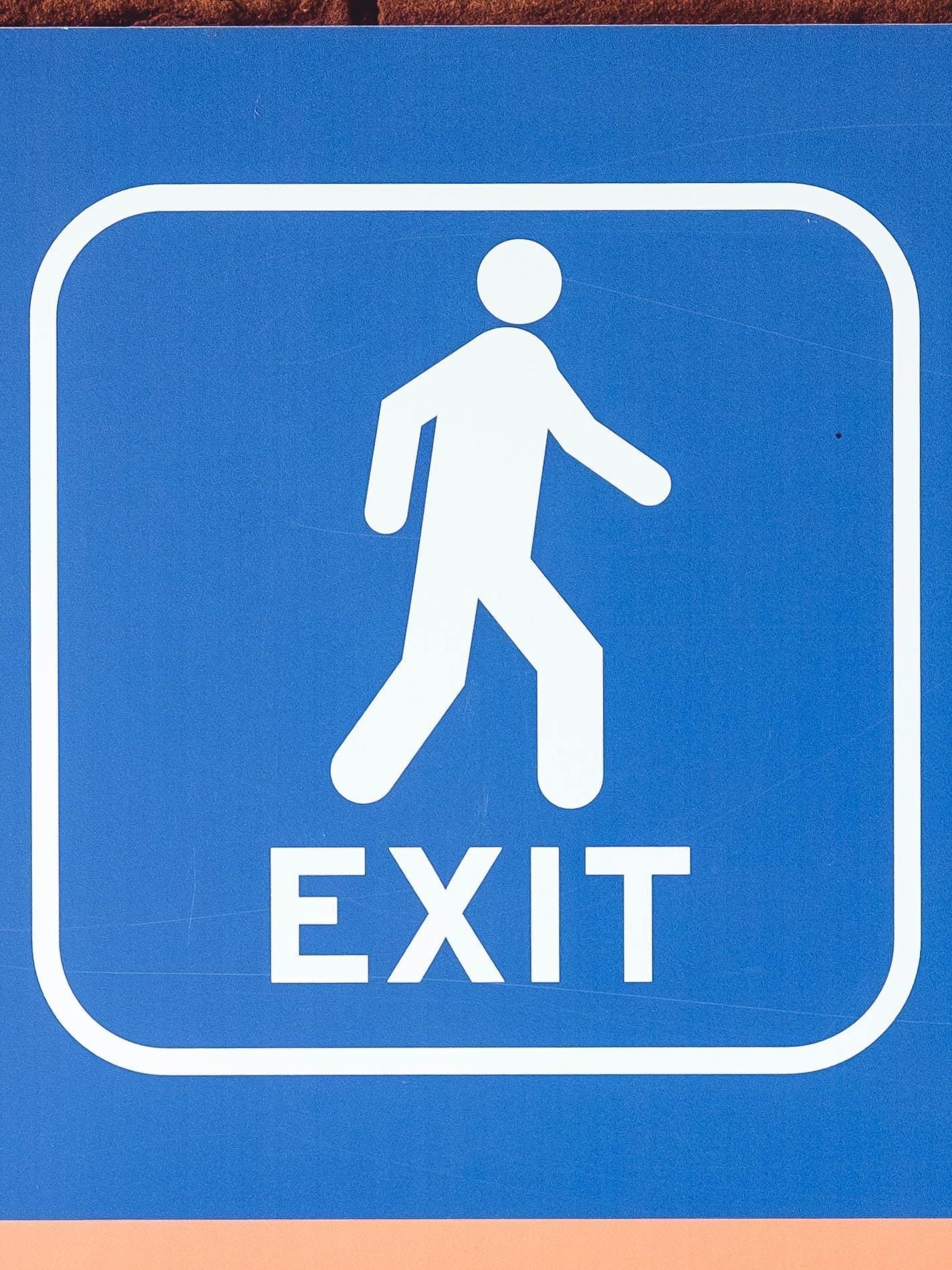ACEs (Adverse Childhood Experiences)
The first study of Adverse Childhood Experiences (ACEs) was conducted by the CDC and Kaiser Permanente between 1995 and 1997 in California.
Since then, ACE studies have been replicated all over the world, revealing similar conclusions.
The list of Adverse Childhood Experiences (ACEs) includes:
- physical, verbal, or sexual abuse
- neglect (basic needs unmet: food, clothing, safety, hygiene)
- feeling unsupported or unloved by your family
- parents separated or divorced
- witnessing abuse or violence
- living in a household where substance abuse is present
- living in a household where mental illness or depression is present (especially a suicide attempt)
- living in a household where at least one member was incarcerated
These studies have shown that having experienced more than two unresolved ACEs before your 18th birthday will likely lead to serious, life-threatening diseases as an adult. In addition, untreated ACEs make us more vulnerable to be victimized again and again.
The good news is that ACEs are preventable, and also treatable. The less we ignore them, the more we can help people heal from ACEs.
Most recently, Dr. Robert Sege MD, PHD, and colleagues at the Tufts Medical Center HOPE program (Healthy Outcomes from Positive Experiences) have revealed that Positive Childhood Experiences can serve as a buffer for the effects of ACEs.










